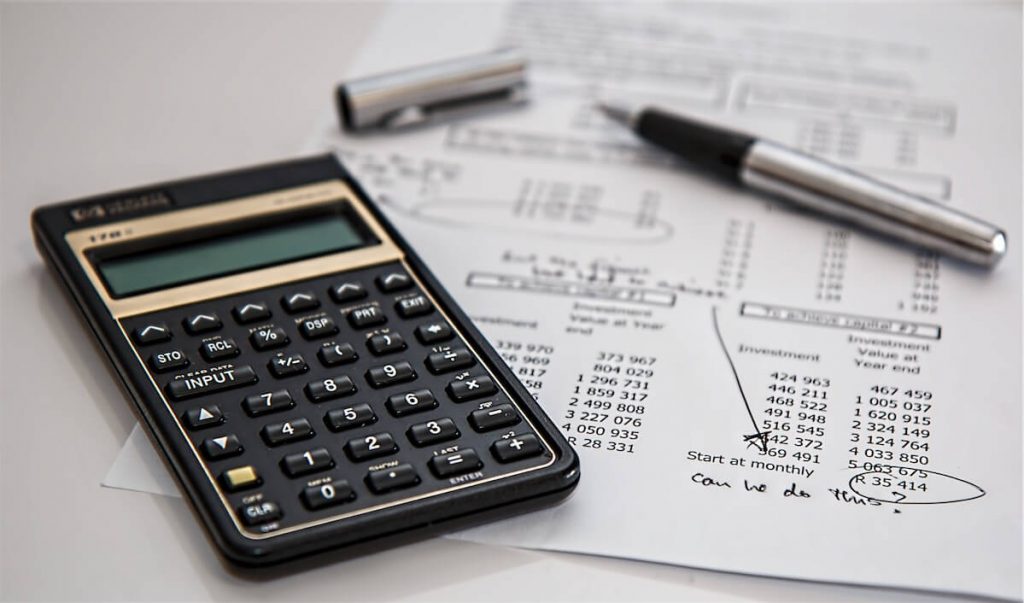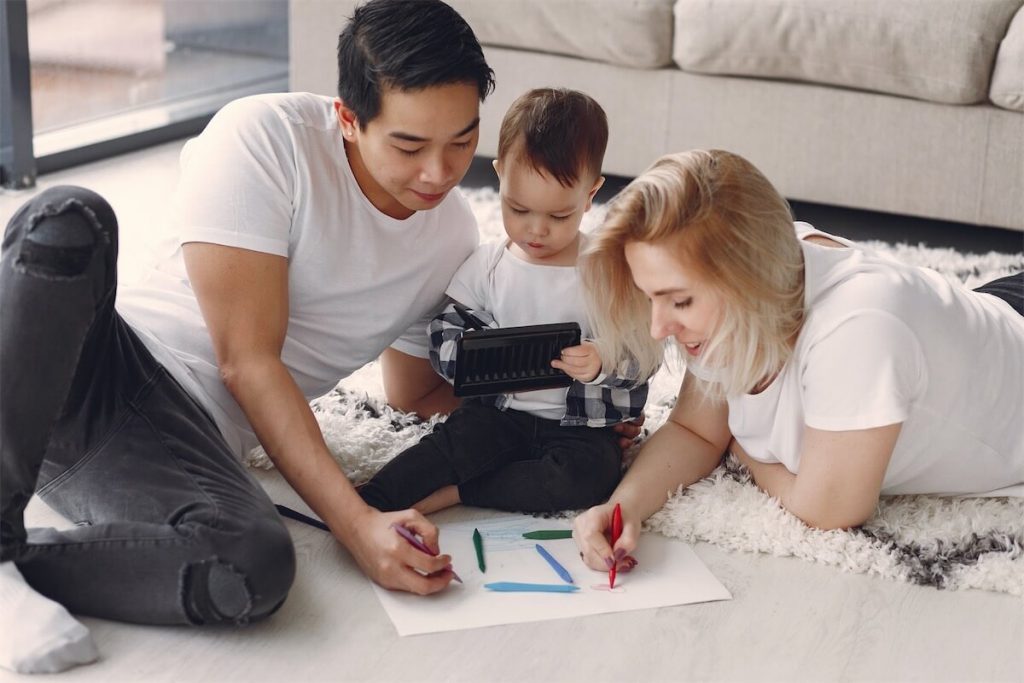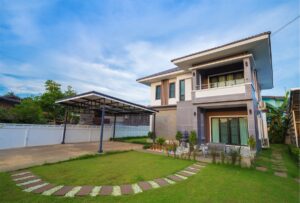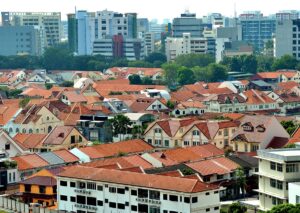Planning to own a second property but feeling conflicted? Are the hefty costs of Additional Buyer’s Stamp Duty (ABSD) deterring you from going ahead with the purchase? Fret not, for we may have a solution on how to avoid ABSD — decoupling.
Learn more other home loan terms here.
How to avoid ABSD: What is decoupling?
Decoupling involves the sale of one’s shares from one co-owner to the other. This part-sale will result in the other co-owner as the sole owner.
When you no longer have a property under your name, you’ll not have to pay ABSD when you buy a second one. This is because it is deemed as your first property purchase.
Given the ABSD rates, this scheme can save you quite a significant sum of money. If you’re a Singapore Citizen and the purchase price of your second property is $2 million, you’ll have to pay an ABSD of 0.12(2,000,000) = $240,000.
Evidently, decoupling can help you achieve your savings goals and avoid absd.
| 1st Property | 2nd Property | 3rd Property | |
| Singapore Citizen | – | 12% | 15% |
| PR | 5% | 15% | 15% |
| Foreigner | 20% | 20% | 20% |
However, it’s not a guaranteed formula for success. When the costs exceed the savings, decoupling no longer serves its initial purpose. Therefore, it’s crucial to evaluate all the factors involved.
The costs of decoupling to avoid ABSD

Although decoupling allows you to avoid paying ABSD, it generates other costs – including Buyer’s Stamp Duty and legal fees.
Buyer’s Stamp Duty (BSD) is a levy paid when you acquire property in Singapore. Since the transfer of property ownership from one co-owner to the other is regarded as a transaction, BSD will be incurred on the share transfer value.
ABSD will also be applicable if the receiving party already owns a property. In addition, you’ll also incur the Seller’s Stamp Duty (SSD) if the property you’re selling is within the 3-year hold period (number of years that you own a property). To avoid the SSD, you’ll have to wait out the minimum holding period.
Additionally, legal fees that range from $5,600 to $6,500 minimally are charged for the transaction.
If there is an outstanding loan on your property, there is a need to restructure it. If the loan is within lock-in period, there will be penalty fees involved.
What is the Transfer of Ownership?
The transfer of property ownership from one co-owner to the other can be done through selling the property or gifting it.
If it’s settled through a sale, the party taking over the property will be required to take over the financing responsibility and the CPF plus the accrued interest of the selling party is to be refunded.
If it’s given as a gift, there must not be any existing loans, and the CPF plus the accrued interest of the selling party is to be refunded.
Here’s an example:
Mr and Mrs Lim purchased a condominium when they first got married, and it’s now valued at $1.5 million. The couple wishes to buy another property as an investment. This property costs $1 million.
If the couple were to buy the second property without decoupling first, they’d have to pay an ABSD of 12%(1,000,000) = $120,000
If the couple were to buy the second property after decoupling, they’d have to pay a BSD of $17,100 and legal fees of $6,500, which amount to $23,600 on the decoupled property.
This is calculated on the basis that they can redeem their loan without incurring any penalty fees because the validity of their loan’s lock-in period has ended.
By choosing to decouple, they can save $120,000 – $23,600 = $96,400.
We cover 5 common mistakes to avoid when shopping for a mortgage loan here.
How to avoid ABSD: Does ABSD apply when buying a property for your child?

Parents can set up a property trust for their child who is below 21 years of age.
After purchasing a property under the child’s name, the parent becomes the trustee while the child becomes the beneficiary.
This means although the child legally owns the property, the parent remains in charge of paying the necessary levies.
As the property is recognised as the child’s first property, no ABSD is payable. Yet, a point to note is that loans are not granted for property trusts, so the levies have to be paid out of your own pocket in cold, hard cash.
Is ABSD applicable for industrial/overseas property?
Industrial/overseas properties have been gaining traction amongst Singapore’s property owners in the past few years. As ABSD only applies when you purchase a residential property in Singapore, no ABSD is payable for these types of purchases.
The above recommendations can help you and your spouse to fulfil the dream of owning one property each. Nonetheless, before jumping on this property bandwagon, it’s essential to work out the numbers and figure out if the solutions are to your interests.
Thinking of getting a resale private property? Read our 10-step guide here.

If you have any further queries, feel free to contact us for a chat. Here at FinanceGuru, we seek to help you better prepare for your finances and the upcoming milestones in your life. Get a non-obligatory assessment and loan product recommendations here.







